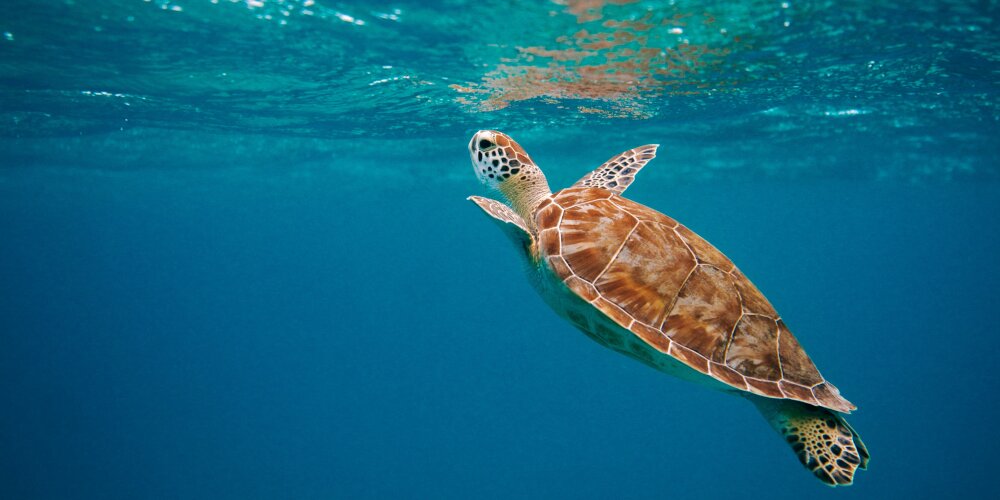Browse our services
Explore how Brookes Bell can help you
Find an expert
Meet our team, find and expert and connect
Contact us
Get in touch, we're here to help

The UK government has announced its intention to introduce a bill by the end of the year to enable ratification of the BBNJ Agreement (colloquially known as the High Seas Treaty). The BBNJ Agreement will - for the first time - allow for the creation of protected areas in international waters.
Known as Marine Protected Areas (MPAs), these zones will help conserve rare, valuable and important marine life and environments. In particular, the Agreement will aim to protect rare species from common stressors such as unsustainable fishing and industrial activities.
Sharks, whales, and sea turtles are amongst the species that will benefit from protection in MPAs.
Commenting on the forthcoming bill and the High Seas Treaty, Emma Hardy, the Marine Minister, said:
“Our oceans are dying. Without urgent action, they will be irreversibly destroyed.
That is why the UK will introduce legislation by the end of the year in order to enable ratification of the High Seas Treaty, a landmark in protecting marine life around the globe”.
The proposed bill is just one in a number of actions the government has taken recently to protect the marine environment. At the recent United Nations Ocean Conference, the UK joined over 90 countries in reiterating its commitment to agreeing an ambitious Plastic Pollution Treaty when negotiations resume in Geneva later this year.
The government has also proposed to ban destructive bottom trawling in a wider range of Marine Protected Areas (MPAs) that already exist in English waters. At the time of writing, the extension of this ban is out for consultation and could - if passed - result in the prohibition of bottom-towed fishing gear across an area of approximately 30,000km² spanning 41 MPAs.
Because - under the terms of the MARPOL convention - you need to be. If you require assistance complying with any or all of the six annexes of MARPOL, Brookes Bell is on hand to help.
Our Master Mariners are well versed in the requirements of the MARPOL convention including (but not limited to): pollution from ships by oil, pollution from ships by noxious liquids, sewage, garbage, and the prevention of air pollution from ships.
For more maritime industry insights, news and information, read the Brookes Bell News and Knowledge Hub…
UK Government to Designate Three ‘Highly Protected Marine Areas’ in English Waters | Environmentalists Call for Ban on Scrubber Discharge | Environmental Group Seeks New Measures to Tackle Underwater Noise